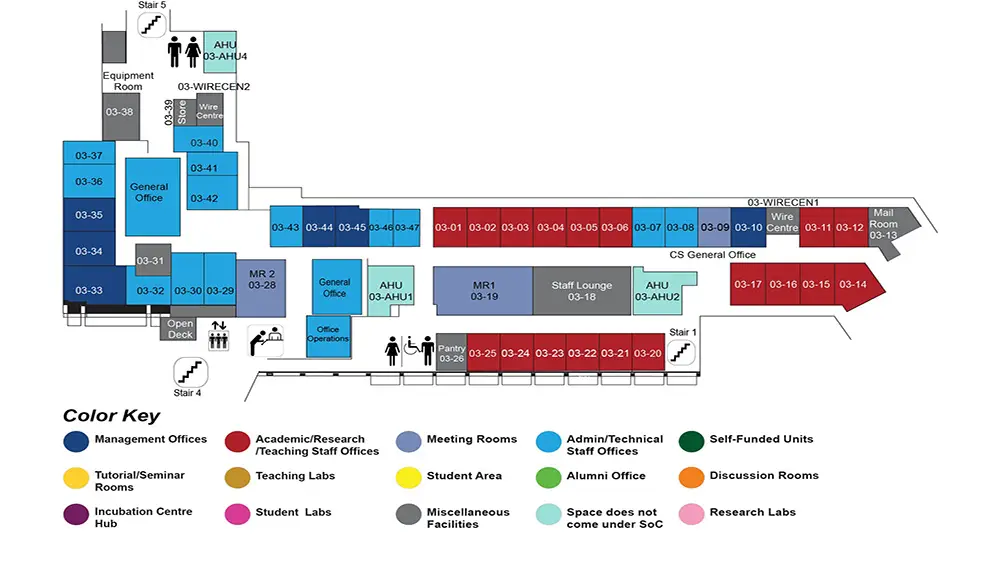Improving Performance of Wireless Mobile Devices
COM1 Level 3
MR1, COM1-03-19

Abstract:
Mobile devices with increased computing power are rapidly proliferating, and are quickly replacing personal computers as the main computing device. There exists many challenges in the wireless communication subsystem in terms of the throughput they provide and its higher energy consumption. In this thesis we design techniques to mitigate the tail energy consumption in the cellular and WiFi radio, and accurately estimate the throughput of each.
We identified that the tail energy wastage for low-data-rate low-frequency background traffic during the mobile screen-off periods is surprisingly high. We design a unique collaborative cellular tail energy reduction algorithm: before turning on its cellular interface, a mobile device first opportunistically scans its neighborhood using a low-power radio like Bluetooth, and checks whether a neighbor, who is currently in the tail phase, can help send the data instead. This approach smartly utilizes the tail of the neighbor's radio which would otherwise go wasted. To ensure such collaboration benefit for participating phones in a fair manner, we define a rigorous notion of fairness by adapting the well-accepted concept of generalized processor sharing. Guided by this notion, our sharing scheduling algorithm can achieve substantial energy saving while ensuring a satisfactory level of fairness.
The WiFi radio also consists of a tail energy state. Our measurements show that for smaller data transfers such as background data, the tail energy wastage can be high as around 80% of total transfer power. Under the notion that background data is delay insensitive, we design a dynamic algorithm that buffers background data transfers of multiple mobile applications on single mobile device and transfer them as one batch. We modeled our dynamic algorithm as a Markov decision process which attempts to maximize the energy savings while keeping the delay caused by buffering low.
The notion that WiFi provides a better performance than cellular is no longer true. Thus, given the choice of a WiFi and a cellular network the user needs to carry out throughput measurements to select the network that has the best performance in terms of throughput. However, throughput estimation techniques such as SpeedTest has a large overhead in terms of the data consumed per experiment thus making it impractical to be used in data capped cellular networks. Seminal works propose the use of smaller data sizes but these estimators underestimates the throughput heavily since they do not take into account the underlying transport layer. Considering these issues, we designed a throughput estimation technique that has much less data overhead while providing accurate throughput estimation for common larger transfer sizes in mobile devices.

